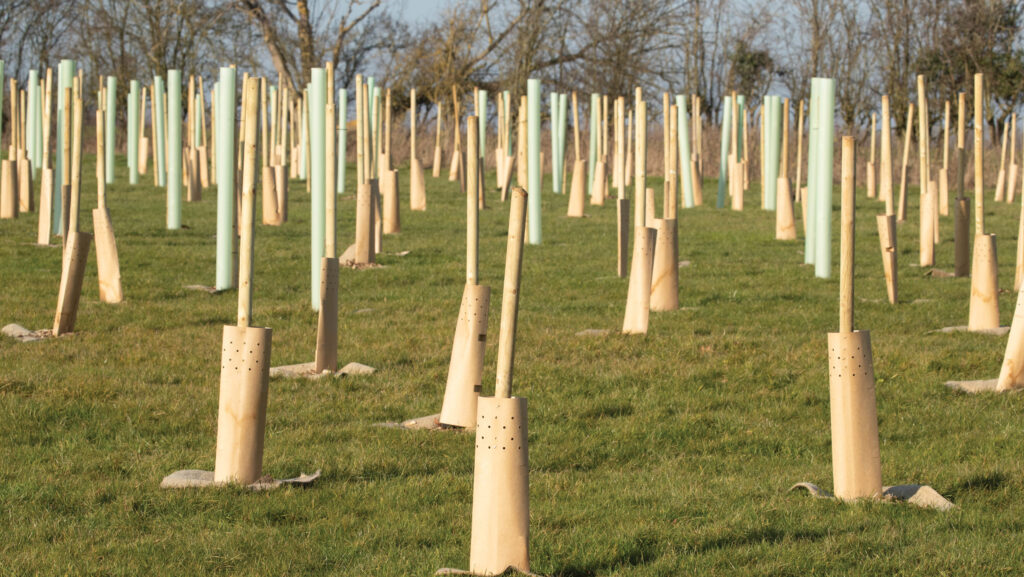New £1m fund to reward arable farmers for reducing emissions
 © Tim Scrivener
© Tim Scrivener A new funding scheme that will reward farmers for reducing emissions while giving them control over how those reductions are achieved has been developed by the Soil Association Exchange.
Exchange Market has secured £1m in funding so far, contributed to by businesses committed to reduce their Scope Three emissions – the indirect emissions generated through their supply chains or their rental or lending footprints.
See also: Carbon markets – a beginner’s guide
The scheme, which opens on 7 January, will operate as an “insetting” fund, without any sales of carbon credits.
Instead, it pools funds from a range of companies with shared supply chains to pay farmers to reduce emissions.
The first intake is open to arable farms, including mixed farms with arable enterprises, and aims to expand to other sectors in future.
To be eligible, farmers will need to have a full Exchange environmental baseline (which scores on soils, carbon, biodiversity, water, animal welfare and “society”), submit a verified emissions reduction plan, and be a supplier to one of the major UK grain merchants.
Those participating in the scheme can earn up to £60/t of carbon reduced annually, with 50% of payments provided upfront to help fund their transitions.
Farming enterprises with emissions already below average (according to their Soil Association Exchange benchmark using the Farm Carbon Toolkit), will also be eligible for maintenance payments, recognising their progress to date and supporting them to continue their low-emissions performance.
Support to develop the scheme has been given by banking group Lloyds, which has helped to convene key retailers and landowners.
Soil Association Exchange chief executive Joseph Gridley said: “This carbon insetting programme demonstrates that delivering true environmental outcomes can go hand in hand with financial resilience when farmers and businesses collaborate to build a sustainable future for food and farming.”
Concerns
Some farmers have concerns, though.
Geraint Davies, a beef and sheep farmer from Bala in North Wales, said: “It’s always welcome to highlight that farmers can have a positive impact in terms of climate mitigation and can be part of the solution in sequestration.
“However, the devil is in the details, and we need to be careful with what we sign up to and to what we’re agreeing.
“The use of data is welcome, and establishing baselines for our own farms on emissions is a good thing. However, we must also consider those carbon stores already on farm.
“How do we actively manage those existing carbon stores? Farms already play a fundamental role in doing that, as well as sequestering and reducing emissions.”
